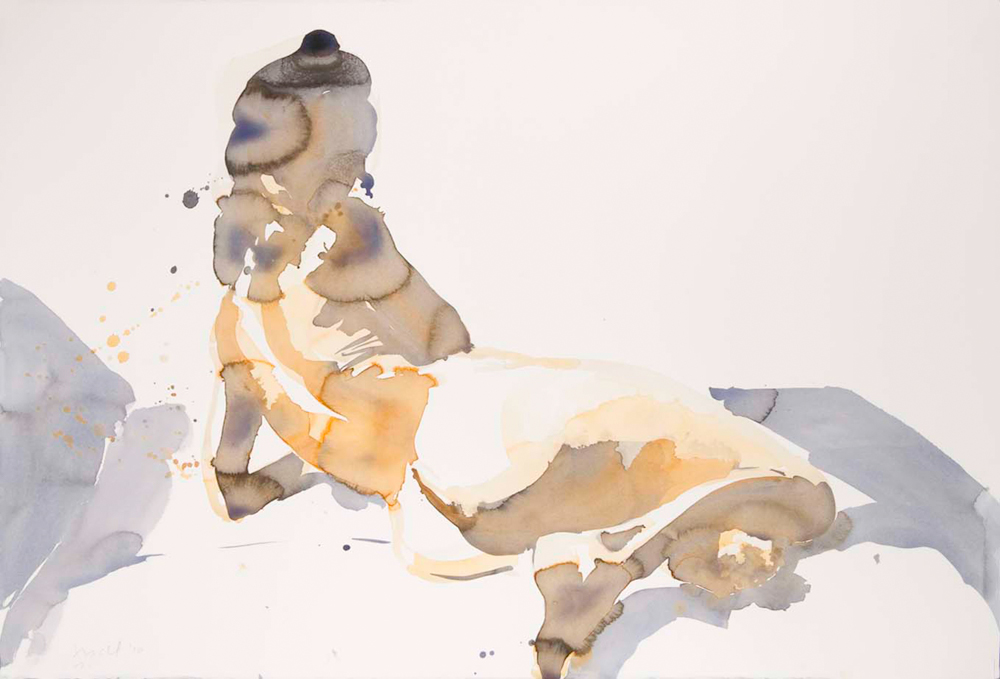Eric Fischl on his father
Eric Fischl: “Back then you could be shown in museums around the world and still be doing a teaching job or driving a taxi or something to do it . . . “ Things haven’t changed all that much except for the one percent, have they?
Some interesting talk with Alec Baldwin on how Fischl’s father learned to communicate with his son by taking up art himself:
Eric Fischl: My father . . . actually didn’t understand what success was in art anyway. He’d kinda given up by then, right? So in . . .
Alec Baldwin: On what? Understanding you?
Eric Fischl: On me. Yeah, exactly . . . he really didn’t know anything about art so he didn’t really know anything about what success in art was. And back then success and fortune were not connected to each other in the art world. You could be highly successful, you know, shown in museums around the world and still be doing a teaching job or driving a taxi or something to do it.
So he was perplexed that I would even be in a field in which there wasn’t a monetary reward, necessarily, right? But at some point, he started to see my name in print. And that was something that he understood as success.
All of a sudden a local newspaper or an art magazine or something, there’s his son, right? And then he really flipped from sort of disengagement to the proud parent who – we’d go into a grocery store and at the checkout counter, he’d go, ‘You know who this is? My son. This is the artist.’
Alec Baldwin: He’d take the clipping out of his wallet.
Eric Fischl: [Laughter] Yeah, exactly.
Alec Baldwin: ‘This is from The New York Times. My little E-R-I-C F-I-S-C-H-L’ – no E-L.
Eric Fischl: No E. No E. Well, you know he –
Eric Fischl: He became an artist at the end of his life as well. He discovered collage, and it took him a while after he retired to – he tried other things and then all of a sudden, he found himself, sitting in his office at home, cutting pictures out and gluing them together. You know, he was not a schooled artist but he had an eye and he had a kind of liveliness to these collages that he made that were very expressive.
And by the time he died, I’d realized that he and I could never talk to each other. We just kept missing, you know? But we understood each other visually, and so he would send me his collages and I knew exactly what he was thinking about, where he was at, how he was feeling. He was really communicating through these visual images.
And he showed me that he was – had been using my paintings to understand what had happened in our lives with my mother and the whole family dynamic. And so we, actually, were both visual people who understood what that meant to communicate visually to each other. So it was deeply rewarding to me ultimately, but it took me a while to understand it.

Comments are currently closed.